
Choosing to Study in Russia: Why Do International Students Choose Russian Universities?
Most international students in Russia come from CIS countries, or former Soviet republics in Central Asia, the Caucasus, and Eastern Europe. The preserved social and cultural links promote this, as well as students’ good command of Russian. Students from outside the former Soviet Union come to Russia primarily due to economic reasons and the strong reputation of Russia’s leading universities. At the same time, however, they often see Russia as an unsafe country and consider it a backup plan.

Glued to Their Screens: How Do Contemporary School Students Use Devices?
2020 has definitely become a year of online learning. Children of all ages, as well as many adults, have had to study remotely. This has allowed researchers to look at education accessibility problems from a new perspective and evaluate how the massive transition to online learning aligns with existing norms and attitudes toward limiting screen time. Nadezhda Knyaginina and Evgenii Puchkov, researchers from the Education Law Laboratory at the HSE Institute of Education talked about their lab’s research on this matter.
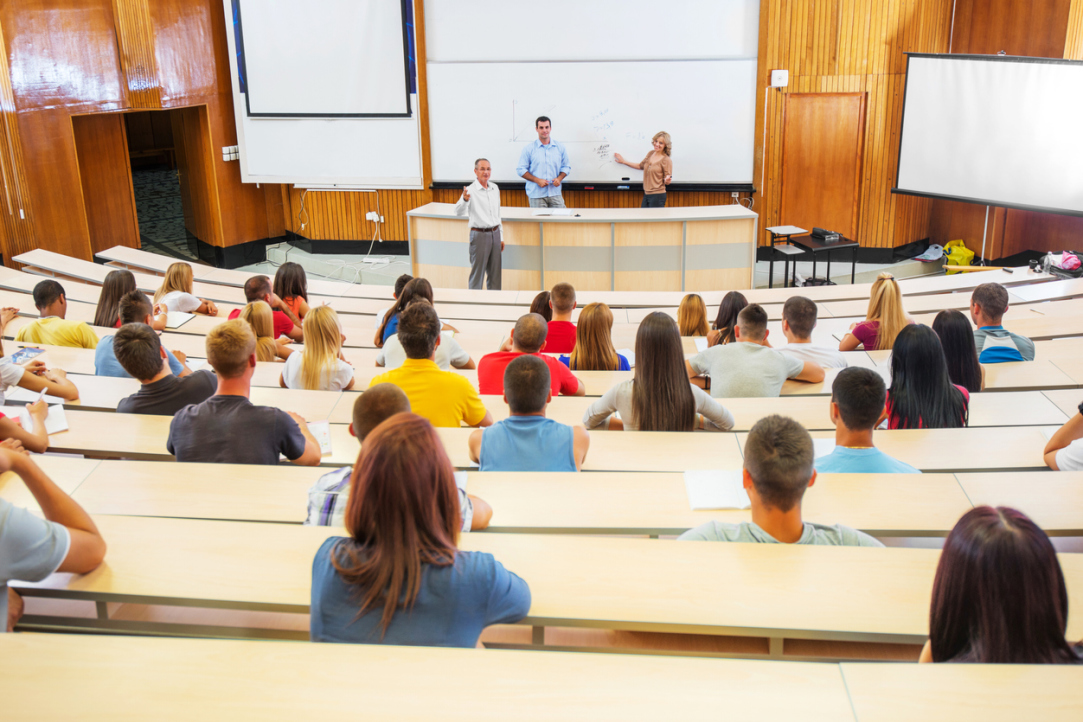
A Weak Foundation: How Secondary Education Affects University Dropout Rates
Right now university students are taking their fall semester final exams. For various reasons, some students drop out. This is especially the case in advanced fields of study such as engineering. Researchers from HSE University’s Institute of Education Evgenia Shmeleva and Isak Froumin have published a paper on the decisive factors that cause students to abandon their university education.
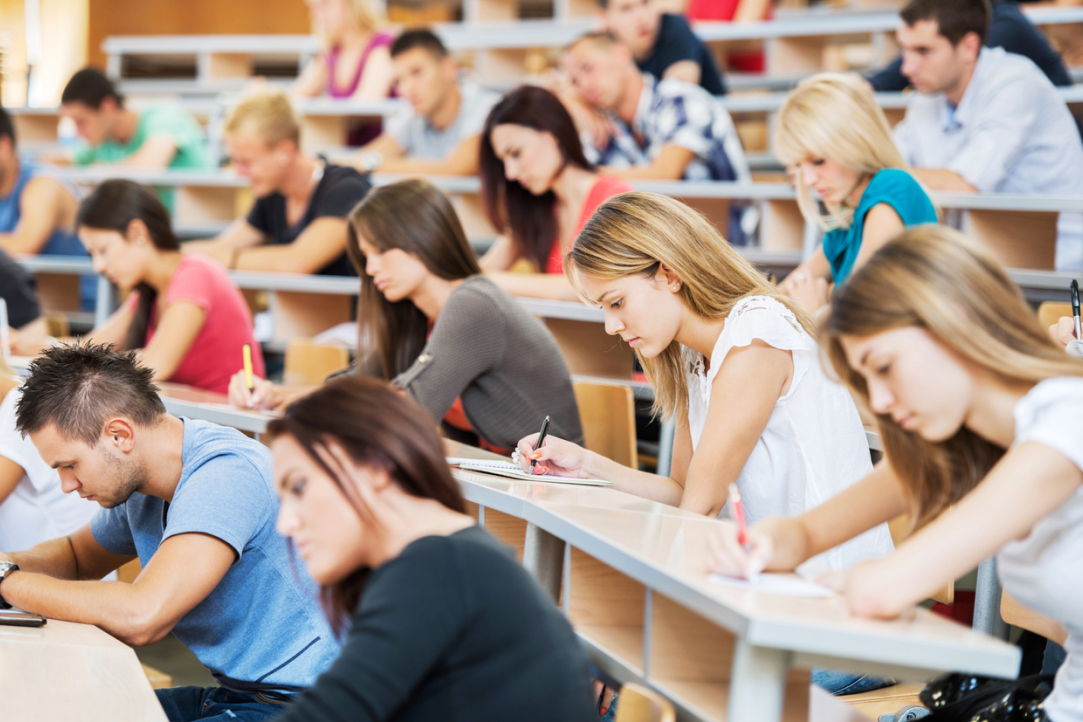
Academic Dishonesty: Fear and Justifications
End-of-term exams have just finished in many universities operating on the modular system. Some students passed because they worked hard while others passed by cheating. Why do some students cheat by looking over someone's shoulder, furtively searching for test answers on the internet, using cheat sheets during exams or paying others to complete their coursework? A study conducted by the HSE Centre for Sociology of Higher Education offers some answers.
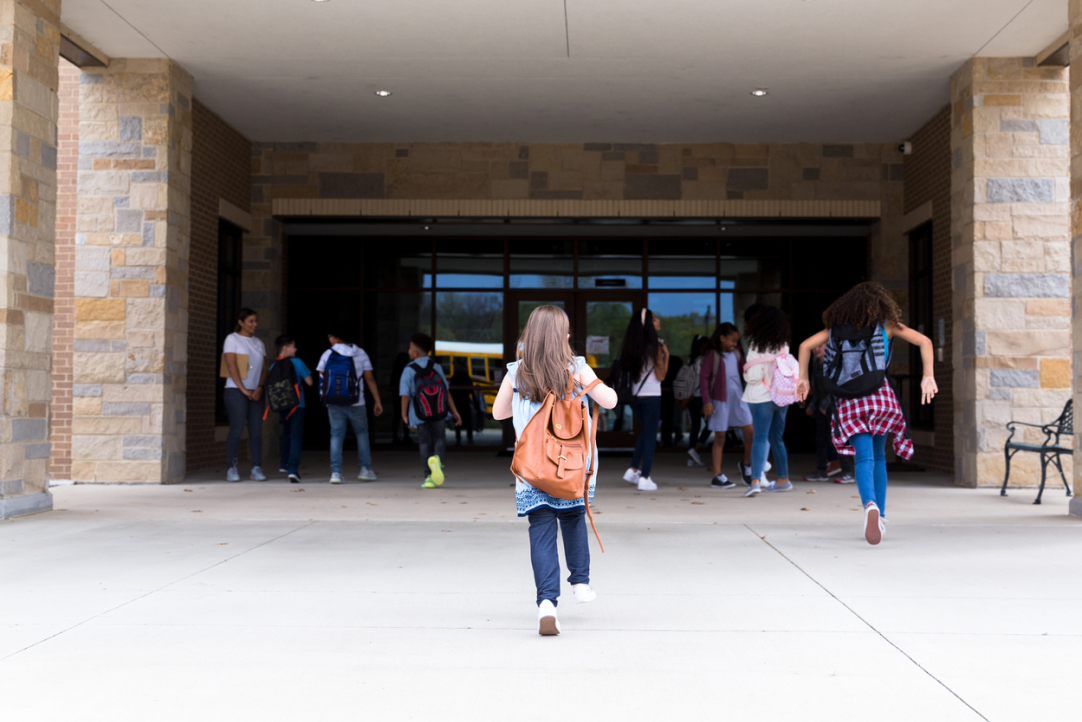
For Scholastic Success, Support Is Better than Control
While 9th-graders and 11th-graders are busy respectively preparing for the Basic State Exam (BSE) and Unified State Exam (U.S.E.), their parents are the ones who lay the groundwork for their success. However, if parental assistance turns into pressure, it can produce the opposite effect on young people, HSE University researchers note. Here, we look at how parents can help their children do well on the Unified State Exam.
Artificial Intelligence Can Now Predict Students’ Educational Outcomes Based on Their VK Posts and Tweets
The new model, created by computational social scientist Ivan Smirnov of HSE University, predicts the academic success of Russian high school students with an accuracy of 94%. The model generates its predictions based on users’ distinctive vocabulary and speech patterns, and the predictions have strongly correlated with students’ Unified State Exam (USE) scores.
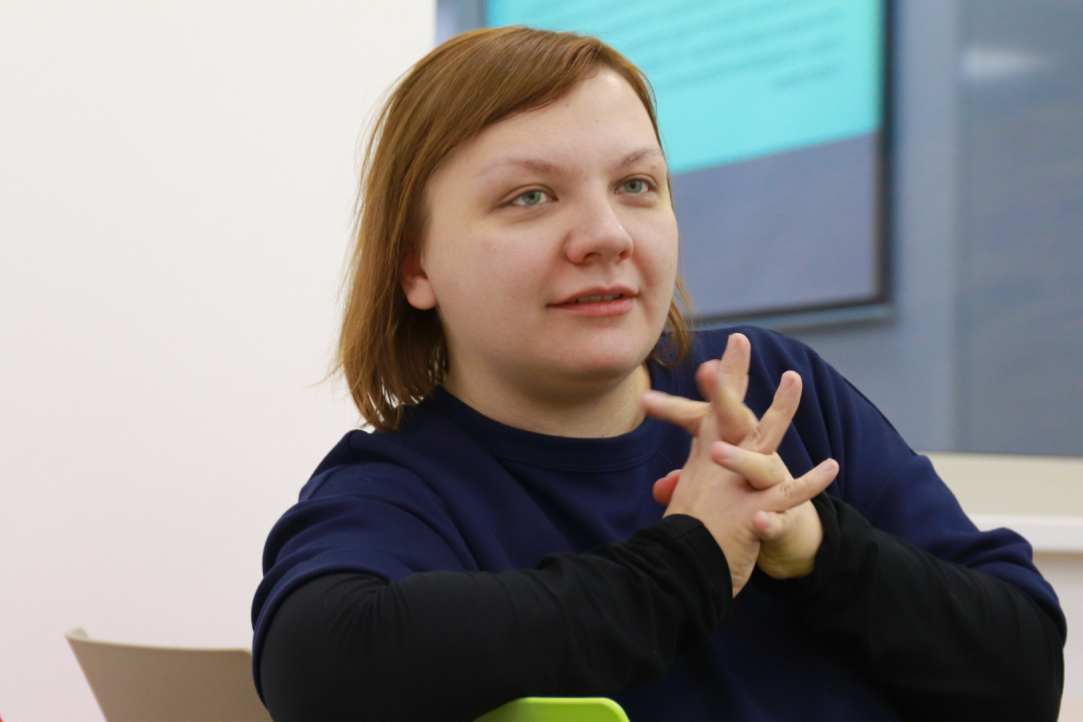
‘We Might Be in for an Anti-Digital Backlash’
The ‘digital age’ of education did not just dawn — it burst upon us like a tsunami. Long-term, systematic strategies for the transition to online learning have been swept away by global problems, and primarily the COVID-19 pandemic and measures for stopping it. In this Op-Ed, Institute of Education research fellow and Russian post-doc recruiter Daria Shcheglova tells IQ.HSE how some students might have been overlooked in the feverish rush to digitalize education.

At the Foothill of Our Digital Journey
April International Academic Conference is held in a distributed format this year, with some sessions broadcast online and papers and video presentations from others posted on the conference website. Professor Dr Ger Graus, first Global Director of Education at KidZania, is an invited speaker at Digital Transformation of Education session that is also conducted in this new distributed form. His paper is devoted to preparing children for digital era through non-formal education.

Degree from Home: The Difference between Online and In-person Learning for Technology Students
The Covid-19 pandemic has forced universities to switch to online learning, which will probably foster the development of online higher education. HSE University researchers joined forces with their American colleagues to demonstrate that online learning at university can be as effective as traditional in-person education. Their research used the example of technology disciplines.
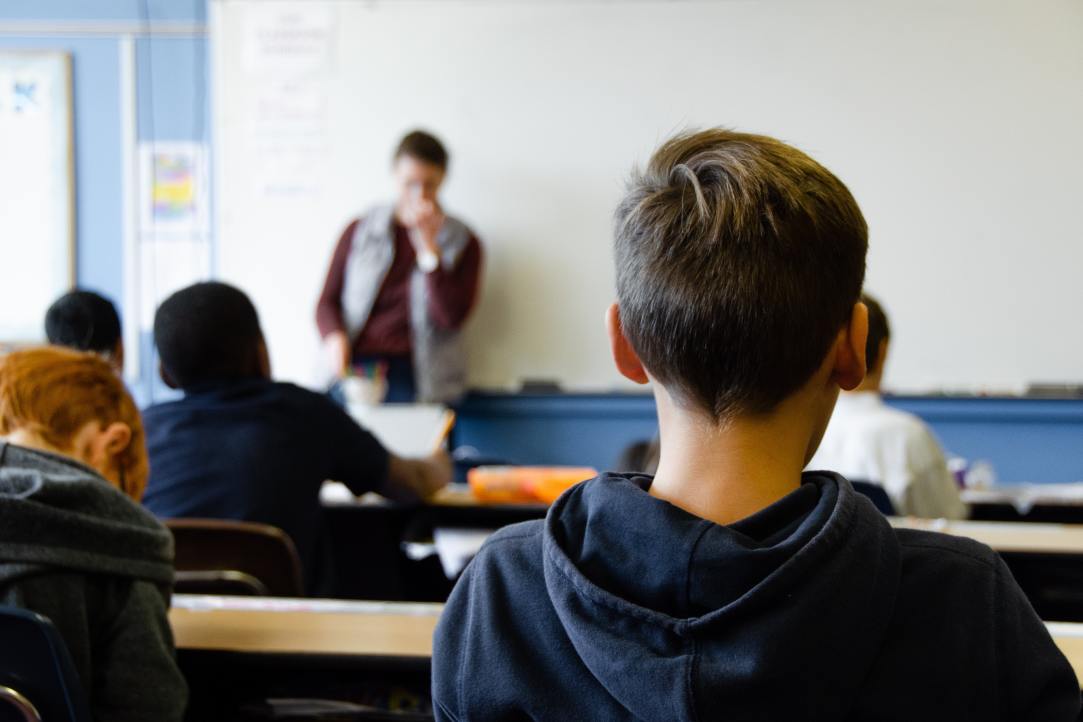
Unequal Access Codes: What Helps and What Hinders Access to Good Education in Russian Regions
Researchers at the HSE Institute of Education have used regional data to describe, for the first time in Russia, how inequality in access to education affects different parts of the Russian Federation. The research findings reveal that the key determining factors are the local economy and the proportion of people with a university degree: urbanised regions with well-developed economies and educated inhabitants are more likely to have good-quality schools, with a large proportion of students scoring highly in the Unified State Exam and going on to university. In contrast, poorer regions with low human capital see many of their school students drop out after the 9th grade, limiting their chances of further education.

